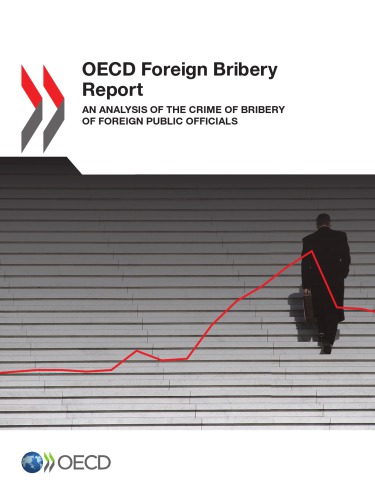

Most ebook files are in PDF format, so you can easily read them using various software such as Foxit Reader or directly on the Google Chrome browser.
Some ebook files are released by publishers in other formats such as .awz, .mobi, .epub, .fb2, etc. You may need to install specific software to read these formats on mobile/PC, such as Calibre.
Please read the tutorial at this link: https://ebookbell.com/faq
We offer FREE conversion to the popular formats you request; however, this may take some time. Therefore, right after payment, please email us, and we will try to provide the service as quickly as possible.
For some exceptional file formats or broken links (if any), please refrain from opening any disputes. Instead, email us first, and we will try to assist within a maximum of 6 hours.
EbookBell Team

4.7
26 reviewsBribes are being paid across sectors to officials from countries at all stages of economic development. Corporate leadership is involved, or at least aware, of the practice of foreign bribery in most cases, rebutting perceptions of bribery as the act of rogue employees. Intermediaries, both agents and corporate vehicles, are used in most corrupt transactions while the majority of bribes are paid to obtain public procurement contracts. Corruption, and the perception of corruption, erodes trust in governments, businesses and markets. In the aftermath of the greatest financial crisis of our time, we need to rebuild that trust more than ever before. Corruption also undermines growth and development. On the one hand, businesses forego innovation and competitiveness for bribery. On the other hand, individuals within governments divert funds for their own personal use that should be used to promote the well-being of people. By ending impunity and holding corrupt people to account, we can begin to restore faith in institutions and industries. The OECD has an arsenal of legal instruments and recommendations for fighting corruption in its many forms, including through criminalising bribery in international business, promoting responsible business conduct, protecting whistleblowers and insisting on integrity and transparency in public procurement processes. This report endeavours to measure, and to describe, transnational corruption based on data from the 427 foreign bribery cases that have been concluded since the entry into force of the OECD Anti-Bribery Convention in 1999.